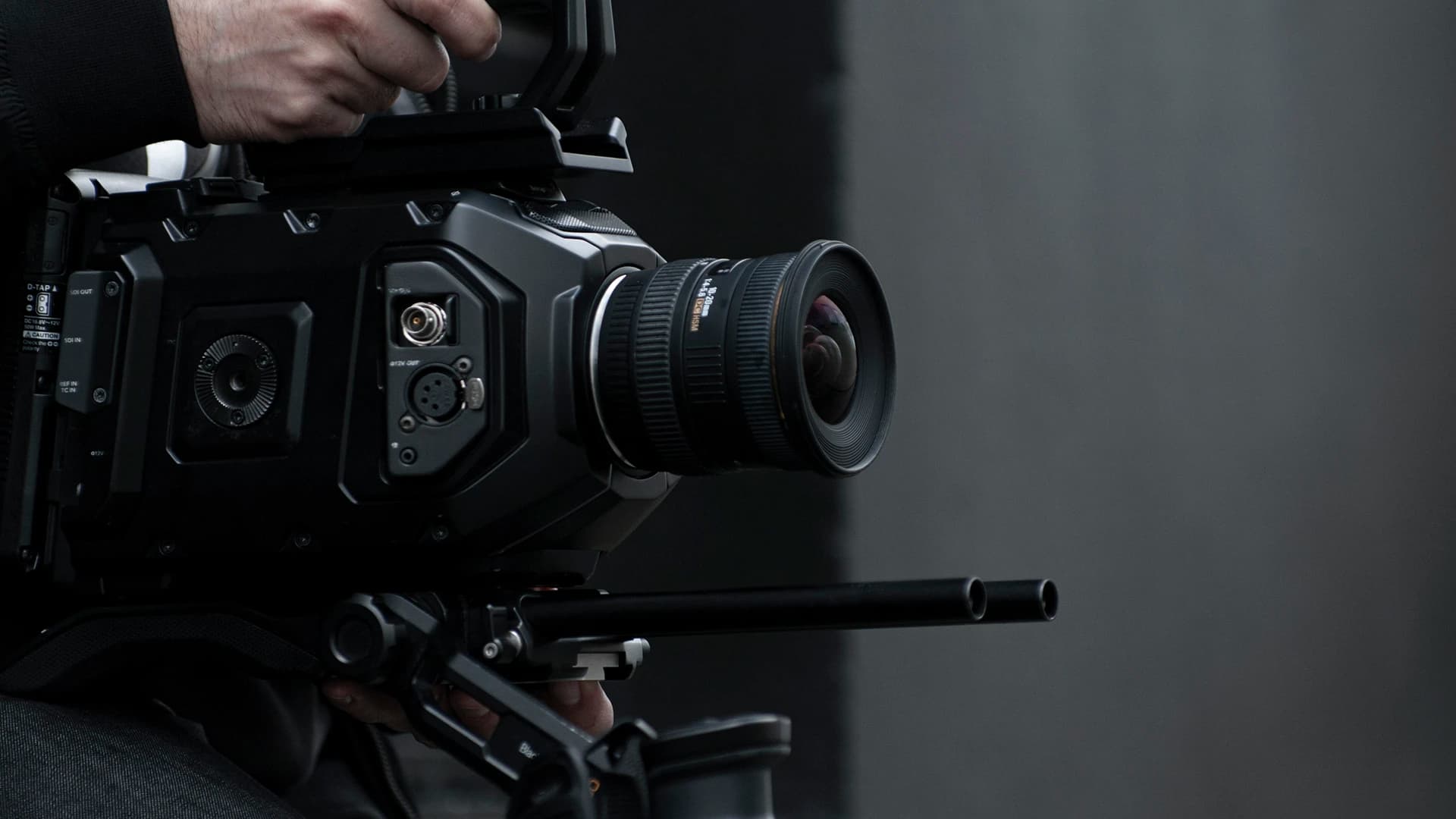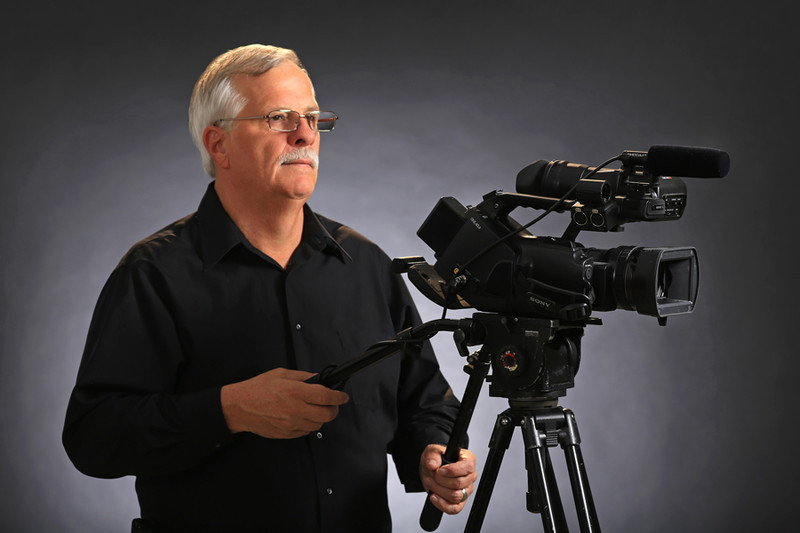The Function of Lawful Videography in Depositions and Trials
Lawful videography has actually emerged as a necessary device in both depositions and trials, giving a diverse method to documenting witness testaments. As legal specialists progressively recognize its worth, it triggers a deeper assessment of how these aesthetic documents can influence juror assumptions and test results.

Value of Lawful Videography
Lawful videography plays a critical function in the documentation and discussion of depositions and tests. This specific field integrates technological skills with lawful understanding to develop a reliable document of process that can substantially influence instance results. The appearance of legal videography improves the understanding of witness testimony, enabling jurors and courts to observe not just the spoken words however also the demeanor, emotions, and body movement of the witnesses.
In addition, lawful videography supplies an unbiased account of events, reducing the capacity for misinterpretation that can occur with composed transcripts alone. This aesthetic documents functions as a critical tool throughout test discussions, helping with a more clear and more convincing story for both plaintiffs and accuseds. Moreover, the capacity to replay video sectors throughout court proceedings allows lawful groups to stress essential factors, enhancing their debates efficiently.
The significance of lawful videography extends past the courtroom; it likewise plays a crucial duty in maintaining evidence for future referral, whether for appeals or more lawful activity. Its assimilation right into the lawful process is important for making certain a fair and exact representation of the realities, ultimately adding to the pursuit of justice.

Process of Legal Videography
While recording the nuances of depositions and trials, the procedure of lawful videography involves a number of critical actions that make certain top quality, precise recordings. A specialist lawful videographer prepares by reviewing the situation products and recognizing the specific demands of the deposition or test. This prep work consists of familiarizing themselves with the individuals and the context, which assists in capturing important information.
On the day of the recording, the videographer establishes the required devices, which typically includes high-def electronic cameras, microphones, and appropriate lights. Making certain optimal angles and audio quality is critical, as it directly influences the effectiveness of the recording. The videographer interacts with attorneys and participants to establish methods, making certain that every person comprehends the recording procedure.
During the deposition or trial, the videographer diligently tapes the process, paying attention to both spoken and non-verbal cues. This includes recording the attitude and reactions of witnesses and lawyers. After the session wraps up, the videographer might edit the video footage for quality and compliance with lawful standards, creating an end product that properly mirrors the proceedings for future referral and use in legal contexts.
Advantages in Depositions
The unification of videography in depositions supplies countless advantages that enhance the overall process of gathering evidence. One primary benefit is the capacity to capture witness statements with visual and acoustic integrity, offering a much more precise depiction of the witness's attitude, tone, and body movement. This multidimensional technique permits lawyers and juries to evaluate reputation much more successfully than typical written records alone.
In addition, videographed depositions function as a powerful device for preserving statement. Should a witness become unavailable for test, their recorded deposition can be played in court, guaranteeing that their evidence remains easily accessible and pertinent. This facet dramatically minimizes the risk of shedding crucial browse around these guys details that can influence situation end results.

Last but not least, videography enhances the overall professionalism and reliability of the deposition process, instilling confidence in clients concerning the thoroughness of their legal representation (legal videography). By leveraging technology, legal experts can substantially boost the performance of depositions
Influence on Tests
In numerous trials, the integration of videography can considerably influence the presentation of evidence and the court's understanding. Lawful videography catches witness testimonies and vital evidence in a dynamic layout, permitting jurors to engage with the material on multiple degrees. This visual component enhances the storytelling facet of a test, supplying context and psychological vibration that standard text-based evidence may lack.
Moreover, video clip recordings can act as effective tools for impeachment during cross-examination. When discrepancies arise between a witness's prior declarations and their court room statement, video evidence provides an unbiased referral that can persuade jurors' point of views. This immediacy and quality can boost the credibility of an event's story while all at once threatening opposing disagreements.

Future Trends in Legal Videography
As we look towards the future of lawful videography, several emerging trends promise to reshape its role within the courtroom. One substantial fad is the integration of synthetic intelligence (AI) in video analysis and editing. AI can streamline the process of identifying key minutes in videotaped depositions, permitting lawyers to promptly access pertinent material, consequently improving effectiveness in case preparation.
Additionally, the surge of digital fact (VIRTUAL REALITY) and increased truth (AR) innovations is expected to transform how jurors experience evidence. legal videography. By submersing jurors in a substitute setting, these modern technologies can supply an extra extensive understanding of intricate circumstances, leading to more informed considerations
Additionally, the boosting demand for remote depositions, accelerated by the COVID-19 pandemic, will likely continue. Lawful videographers will certainly require to adapt to helpful site new software and systems to ensure top quality recordings in virtual setups.
Finally, the growing focus on data security will certainly demand stricter protocols for keeping and sharing video proof. As the legal landscape advances, lawful videographers must remain abreast of these trends to keep their significance and effectiveness in the judicial procedure.
Final Thought
In recap, lawful videography serves an important function in the judicial procedure, improving the integrity of depositions and trials. As modern technology continues to progress, lawful videography is poised to more transform its function within the legal landscape.
Comments on “Advanced Legal Videography for Depositions.”